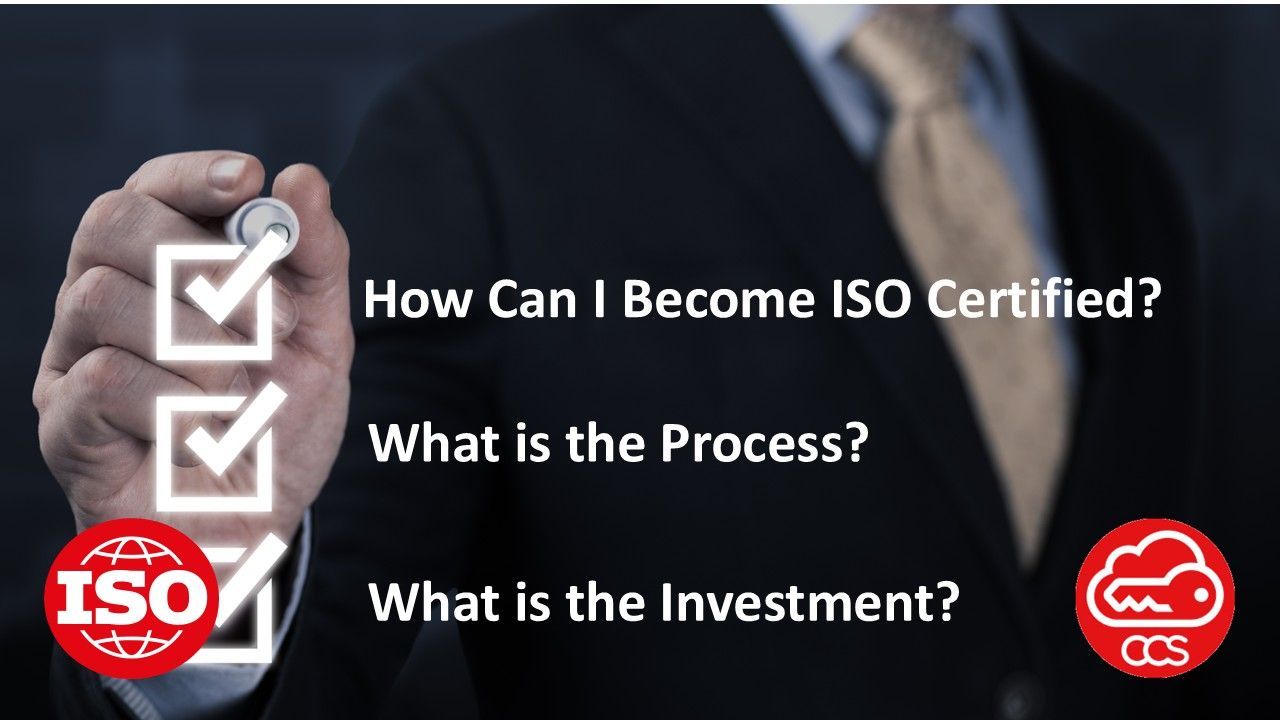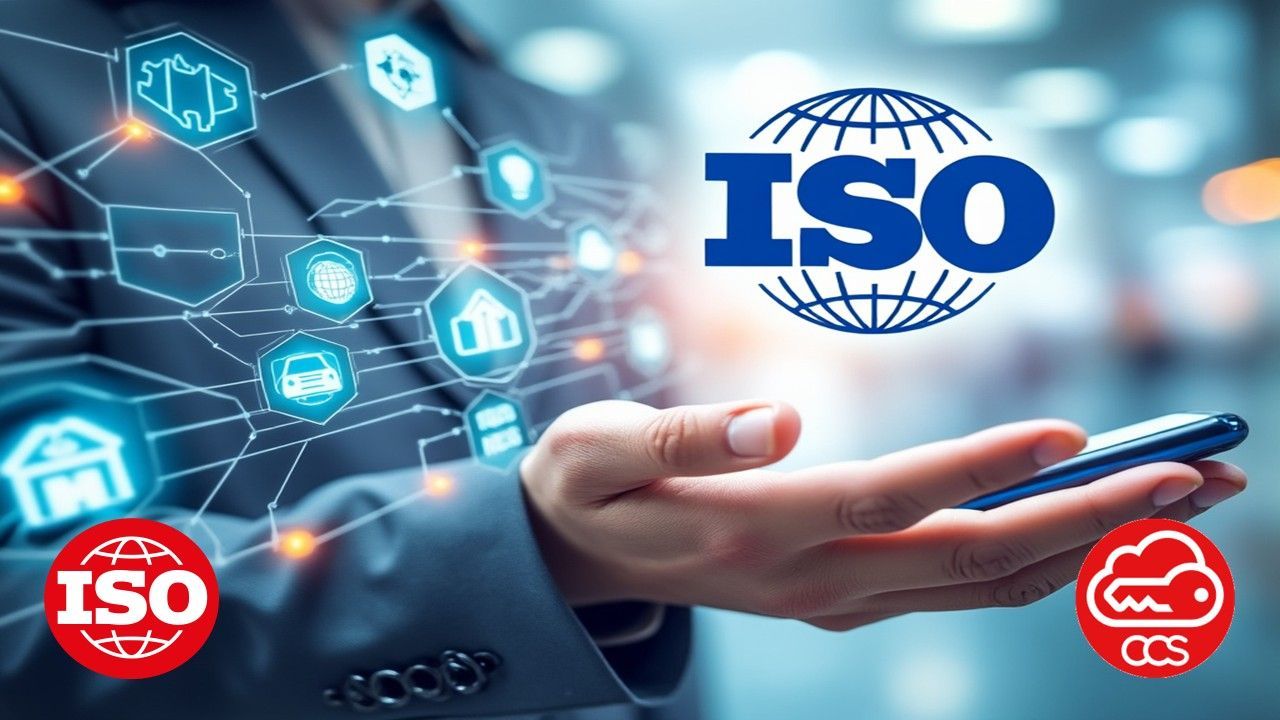How can I become ISO 9001 Certified?
At CCS, we offer a clear and structured 5-step approach to ISO implementation to ensure a smooth and efficient process for your organization across a wide range of ISO standards, and rest assured that the investment quotation we will supply for the development of the ISO management system are fixed, and there will be no additional or hidden charges regardless of the duration or complexity of your business.



